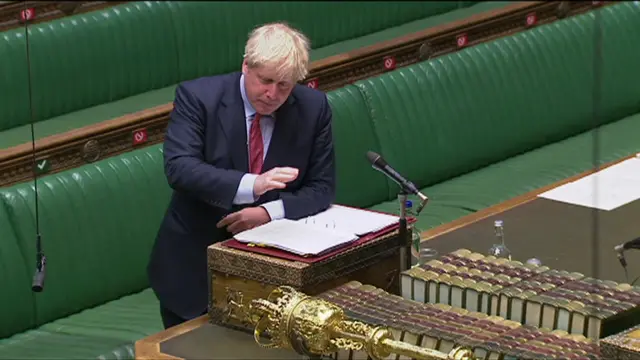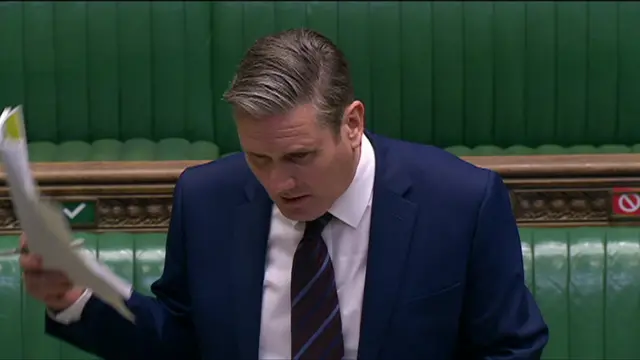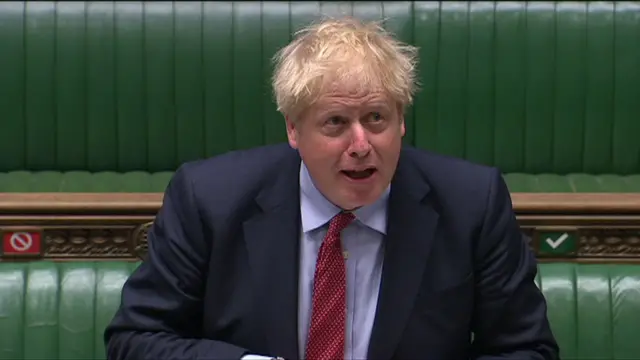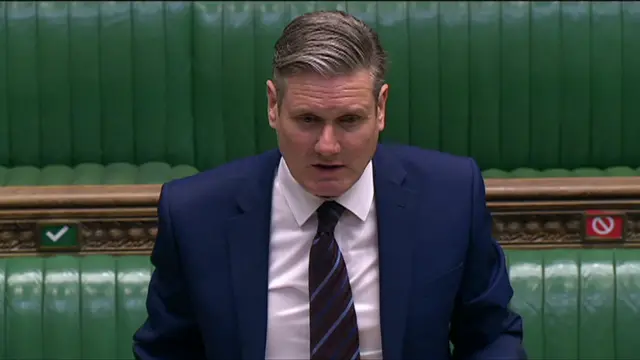SA doctor: 'When people drink, trauma spikes'published at 12:39 BST 15 July 2020
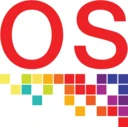 BBC OS
BBC OS

Drinking increases at weekends
After a brief respite, South Africa reinstated its nationwide ban on alcohol sales on Sunday as it battles against the spread of coronavirus.
The government says the move will help take pressure off the country's health system - a view which many doctors support.
Dr Phumudzo Ndwambi, a general surgery and trauma doctor in Johannesburg, said the alcohol ban would help free up beds for Covid-19 patients:
Quote MessageSouth Africa has a very high rate of trauma, and a lot of that trauma is because of the high consumption of alcohol. So the bed capacity in hospitals is taken up by a lot of trauma patients as well as ICU beds."
She told BBC OS on World Service radio the problem was worst at specific times, like the weekend, or when there are big events.

